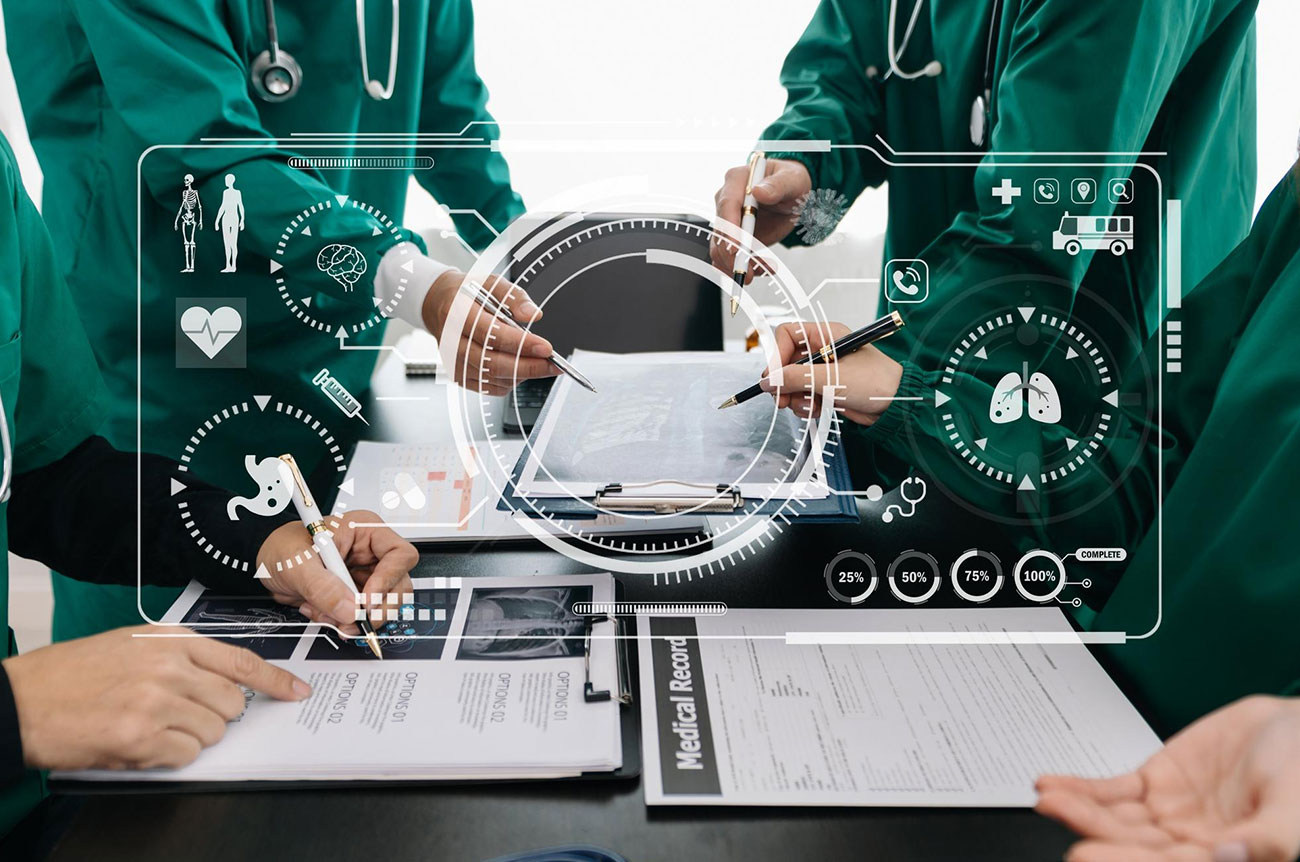
Posted On October 17, 2024
Why Healthcare Compliance Technology is Critical for Small Practices
Understanding Healthcare Compliance Technology
Healthcare compliance technology refers to software and systems designed to help medical practices adhere to regulations and standards set by healthcare authorities. These tools enable practices to efficiently manage patient data, ensure privacy, and meet legal requirements, thereby safeguarding both the practice and its patients.
The Role of Compliance Technology in Small Practices
Small healthcare practices often face unique challenges, including limited resources and personnel. Compliance technology plays a vital role in these settings by automating compliance-related tasks. This helps small practices streamline operations and focus more on patient care, rather than being bogged down by administrative duties.
Benefits of Adopting Compliance Technology for Small Clinics
Implementing compliance technology offers numerous benefits for small clinics. It not only improves efficiency but also enhances the accuracy of patient records. By reducing manual errors and providing real-time updates, these technologies help ensure that practices remain compliant with regulations. Additionally, adopting such solutions can increase patient trust and satisfaction, as they know their information is handled securely.
How Compliance Technology Improves Patient Data Security
One of the most critical aspects of healthcare is the security of patient data. Compliance technology incorporates advanced security measures to protect sensitive information from unauthorized access and breaches. Features like encryption, access controls, and audit trails help small practices maintain patient confidentiality and comply with regulations such as HIPAA.
Cost-Effectiveness of Compliance Technology Solutions
While some small practices may hesitate to invest in new technology, compliance solutions can be cost-effective in the long run. By automating processes and reducing the likelihood of costly compliance violations, these technologies can save practices money. Moreover, the time saved on administrative tasks allows staff to focus on delivering high-quality patient care.

Avoiding Common Compliance Pitfalls with Technology
Small practices often struggle with compliance due to limited resources and complex regulations. Healthcare compliance technology helps by automating processes and ensuring that all regulatory requirements are met. This reduces the risk of errors and helps practices avoid costly fines. By integrating compliance technology, small practices can stay ahead of regulatory changes and maintain adherence without being overwhelmed.
Streamlining Documentation and Reporting Processes
Managing documentation and reporting manually can be time-consuming and prone to mistakes. Compliance technology simplifies these tasks by providing tools for easy data entry, automatic updates, and streamlined reporting. This not only saves time but also ensures that documentation is accurate and up-to-date, making it easier for small practices to meet regulatory requirements.
Enhancing Regulatory Adherence with Technology
Regulatory standards in healthcare are continuously evolving, making it challenging for small practices to keep up. Compliance technology helps by offering real-time updates and guidance on regulatory changes. This ensures that practices remain compliant with the latest standards and reduces the risk of non-compliance, which can lead to penalties or legal issues.
Real-Time Monitoring and Compliance Management
One of the key benefits of compliance technology is its ability to provide real-time monitoring of compliance status. This feature allows small practices to identify and address potential issues promptly, rather than discovering problems during audits or inspections. Real-time monitoring ensures ongoing compliance and helps practices maintain high standards of operation.
Integrating Compliance Technology into Daily Operations
Integrating compliance technology into daily operations may seem daunting, but it is essential for maintaining compliance. Many solutions are designed to be user-friendly and integrate seamlessly with existing systems. Training staff and adopting these technologies can improve efficiency, reduce manual errors, and support a culture of compliance within the practice.
Conclusion
In summary, healthcare compliance technology is crucial for small practices looking to navigate the complex landscape of healthcare regulations. By understanding its role and benefits, small clinics can enhance patient data security, improve operational efficiency, and ultimately foster a more compliant and trustworthy environment. Investing in compliance technology not only safeguards the practice but also elevates the standard of care provided to patients. For further assistance and resources, visit smart Data.
